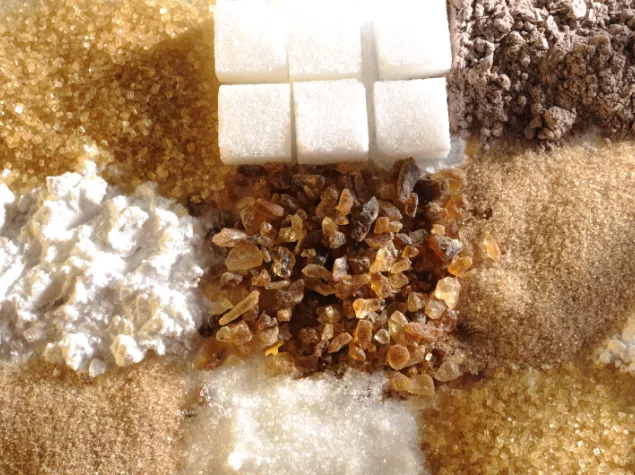
This content has been reviewed by Dr Duane Mellor, Aston Medical School, Aston University, Birmingham, UK.
What is obesity?
Globally, around 1 in 2 adults are living with overweight or obesity (1).
Obesity is a build-up of excessive body fat, that can lead to an increased risk of developing diseases, such as cardiovascular disease, type 2 diabetes mellitus, and some cancers. Obesity is commonly diagnosed using the body mass index (BMI). BMI measures an individual’s body weight in relation to their height. In adults, it is considered that a BMI greater than or equal to 25 kg/m2 is overweight, and greater than or equal to 30 kg/m2 is obesity (1).
The development of obesity is complex, and no factor is solely responsible. It is the consequence of a wide variety of factors including those related to individual biology, social interactions, eating, physical activity and the environment we live in (2). In simple terms, maintaining a healthy weight requires a balance between calories in (calories taken in from the diet) and calories out (calories used by the body for physical activity and other bodily processes). A calorie (energy) imbalance, whereby excess calories are consumed and not enough are expended, can lead to weight gain over time. However, the exact dynamics of calorie imbalance and changes in body weight is highly complex and can vary from person to person (3).









